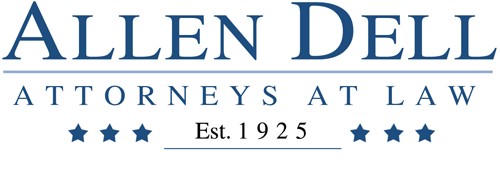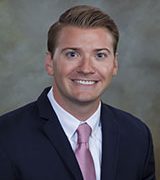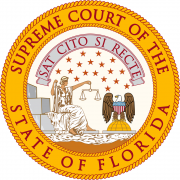Is Frye now the standard Florida courts will use to approve expert testimony in civil and criminal cases? The Florida Supreme Court, in a 4-2 decision, declined to adopt the Daubert standard in place of Frye. However, the Court did not expressly reject Daubert either, deciding to wait for a “proper case or controversy” before more formally deciding the issue.
Historically, Florida has been one of the few states that continued to follow the Frye test for the admissibility of certain expert testimony. In a move away from Frye, on July 1, 2013, the Florida legislature enacted the Daubert standard. The legislature’s action was controversial because opponents argued that only the courts, not the legislature, could enact rules of procedure. There continues to be disagreement about whether the standards for admissibility of expert testimony are procedural (and therefore require court approval) or substantive (and can be enacted by the legislature). Despite opposition, a litany of appellate courts in Florida began applying and enforcing the Daubert standard following the legislative enactment.
In October 2015, a Florida Bar committee voted 16-14 in favor of making a recommendation to the Supreme Court of Florida to refuse to adopt the Daubert standard. Opponents argued that enacting Daubert would raise “grave constitutional concerns” — including undermining the right to a jury trial and denying access to the courts. Proponents of Daubert argued that the federal court system, and a majority of the states, was already following Daubert without these constitutional rights being infringed.
In its decision the Supreme Court did not squarely address whether the legislature’s action was substantive or procedural. Rather, the Court ruled that “to the extent” the action was procedural, the court was declining to adopt Daubert. But the Court also left open the possibility that Daubert could be adopted at a later time, noting that since opponents of Daubert raised constitutional concerns about its application, said concerns “must be left for a proper case or controversy.” So, although the court declined to adopt Daubert today, it is unclear whether Daubert might be adopted at some later time.
The case is In re: Amendments to the Florida Evidence Code, Case No. SC16-181








